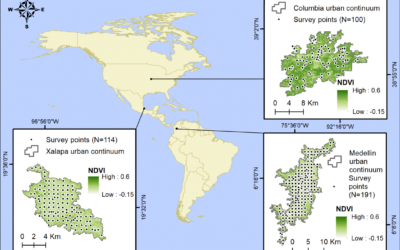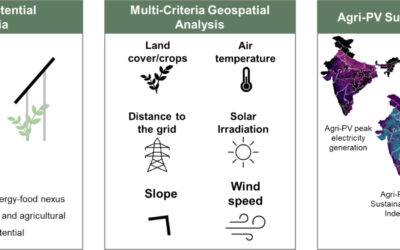Volume on demographic change in Germany published
Employees of the Federal Institute for Population Research (BiB), together with colleagues from other research institutions, have addressed topics in twelve contributions that take a view of demographic change that is as classic as it is modern. These contributions have now been bundled into one volume after being published in the Frankfurter Allgemeine Zeitung. The contributions appeared in the Frankfurter Allgemeine Zeitung between May and August 2023.
Here is the Link to the full volume: https://www.bib.bund.de/Publikation/2023/Demographischer-Wandel-weiter-und-anders-diskutiert.html?nn=1219558
One contribution was written by Dr. Nikola Sander and Dr. Nico Stawarz from the Federal Institute for Population Research (BiB) and Prof. Dr. Hannes Taubenböck of the German Aerospace Center (DLR) and our Julius-Maximilians-University Würzburg. In their contribution, trends in internal migration in Germany are discussed. These trends reflect preferences for urban or rural places of residence. For a long time, cities benefited in Germany from the influx. A few years ago, the trend reversed.
See also here: https://remote-sensing.org/guest-article-in-the-frankfurter-allgemeine-zeitung/










